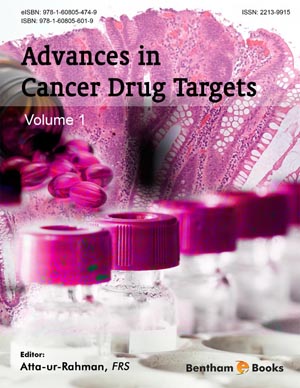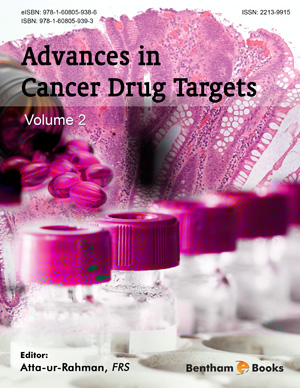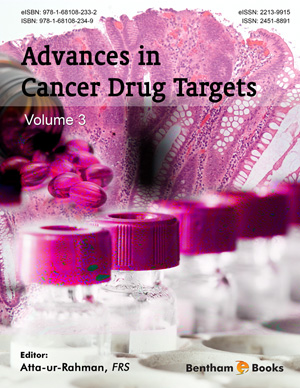Abstract
Every year pharmaceutical companies devote a great deal of time and significant amounts of money to research into new anti-target drugs and therapies for cancer treatment. Since the 1990s mounting evidence has pointed to an important role of fatty acid synthase (FASN) in tumour cell survival and malignity. Since highly proliferating cancer cells have a constant need to synthesize fatty acids (FA) de novo, two regulatory enzymes – FASN and acetyl- CoA carboxylase (ACC) – and one intermediate of lipogenesis (malonyl-CoA) were selected as druggable targets for the purpose of cancer treatment. FASN expression and activity has emerged as a common phenotype in most human tumour cells and is mostly absent in corresponding normal cells. The development of inhibitors of FASN activity has consequently started to appear as a novel anti-cancer modality. However, the in vivo use of some FASN inhibitors (e.g., C75) is limited by anorexia and the body weight loss this causes. This side effect has been associated with the stimulation of carnitine palmitoyltransferase- 1 (CPT-1), considered the rate-limiting step in the mitochondrial oxidation of FA. Thus, there is a need to selectively design inhibitors of FASN that do not stimulate FA oxidation through carnitine palmitoyltransferase-1 (CPT-1). Recently, it has been reported that epigallocatechin 3-gallate (EGCG) inhibits FASN, induces apoptosis in a number of tumour cell lines and reduces the size of tumours in animal models, with no effect on CPT-1. The main disadvantage of EGCG is its cytotoxic IC50 values. These results, together with the recently published crystal structure of FASN and the molecular description of its active sites, may be of crucial importance for creating novel EGCGrelated inhibitors that specifically target FASN.
Keywords: FASN, anti-FASN molecules, anti-tumour modality






















